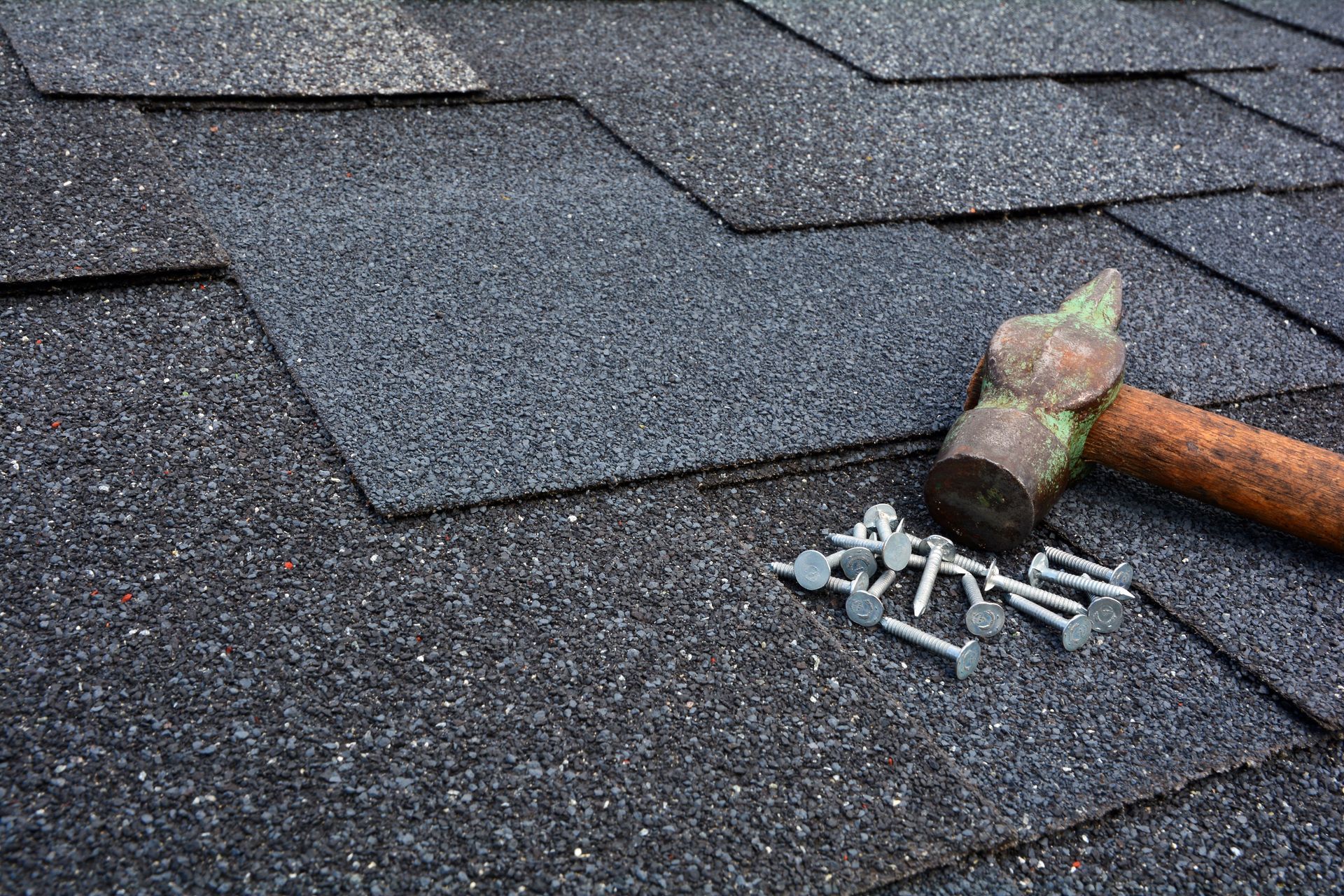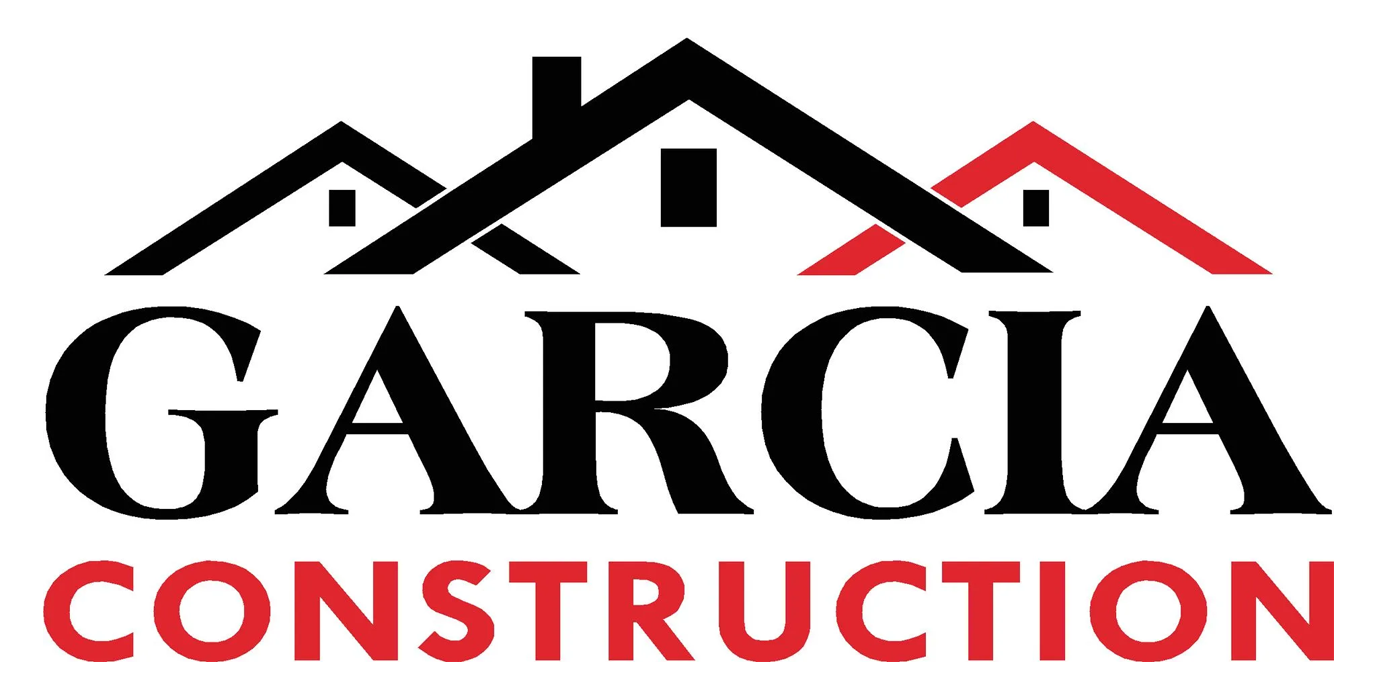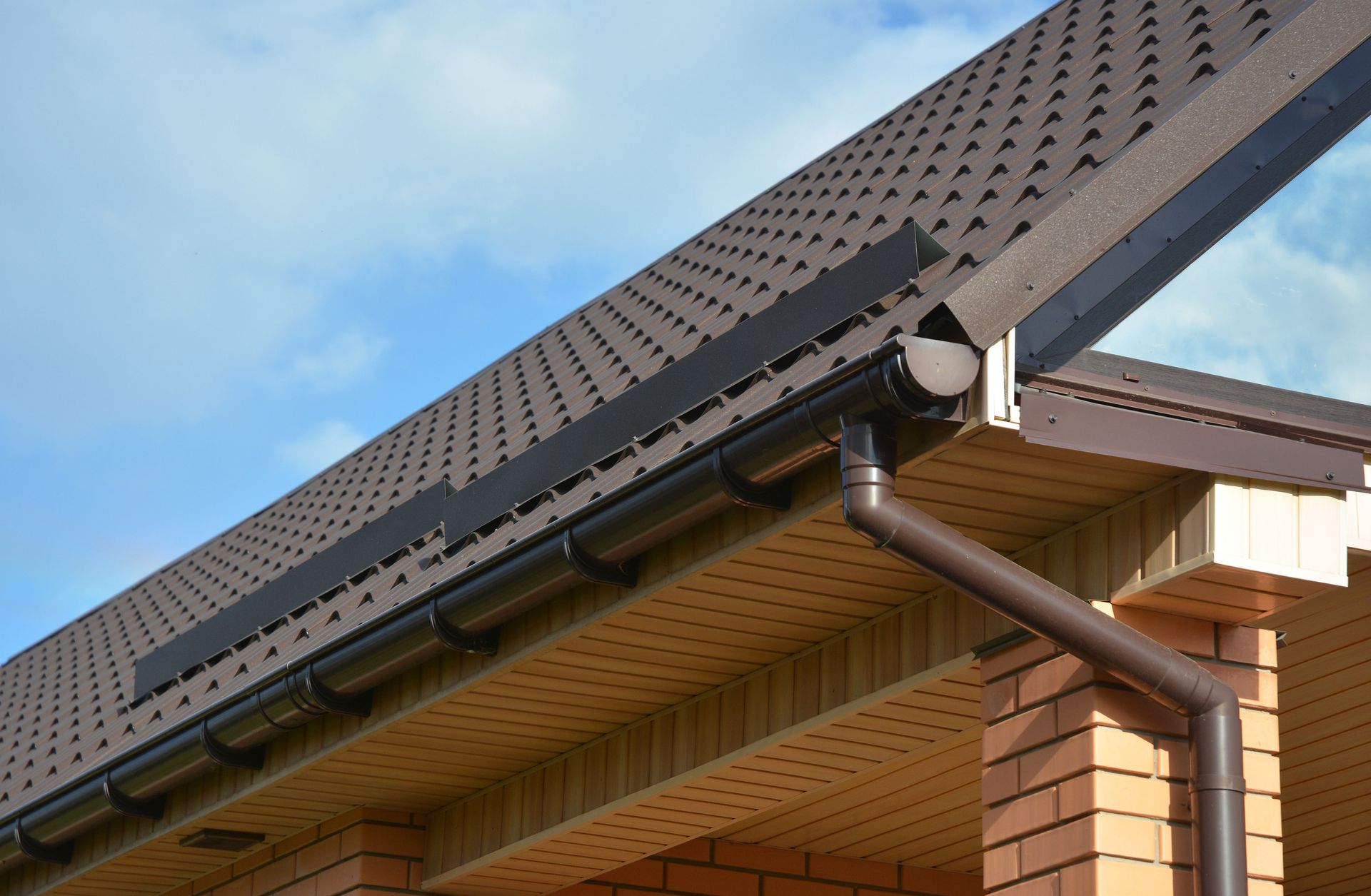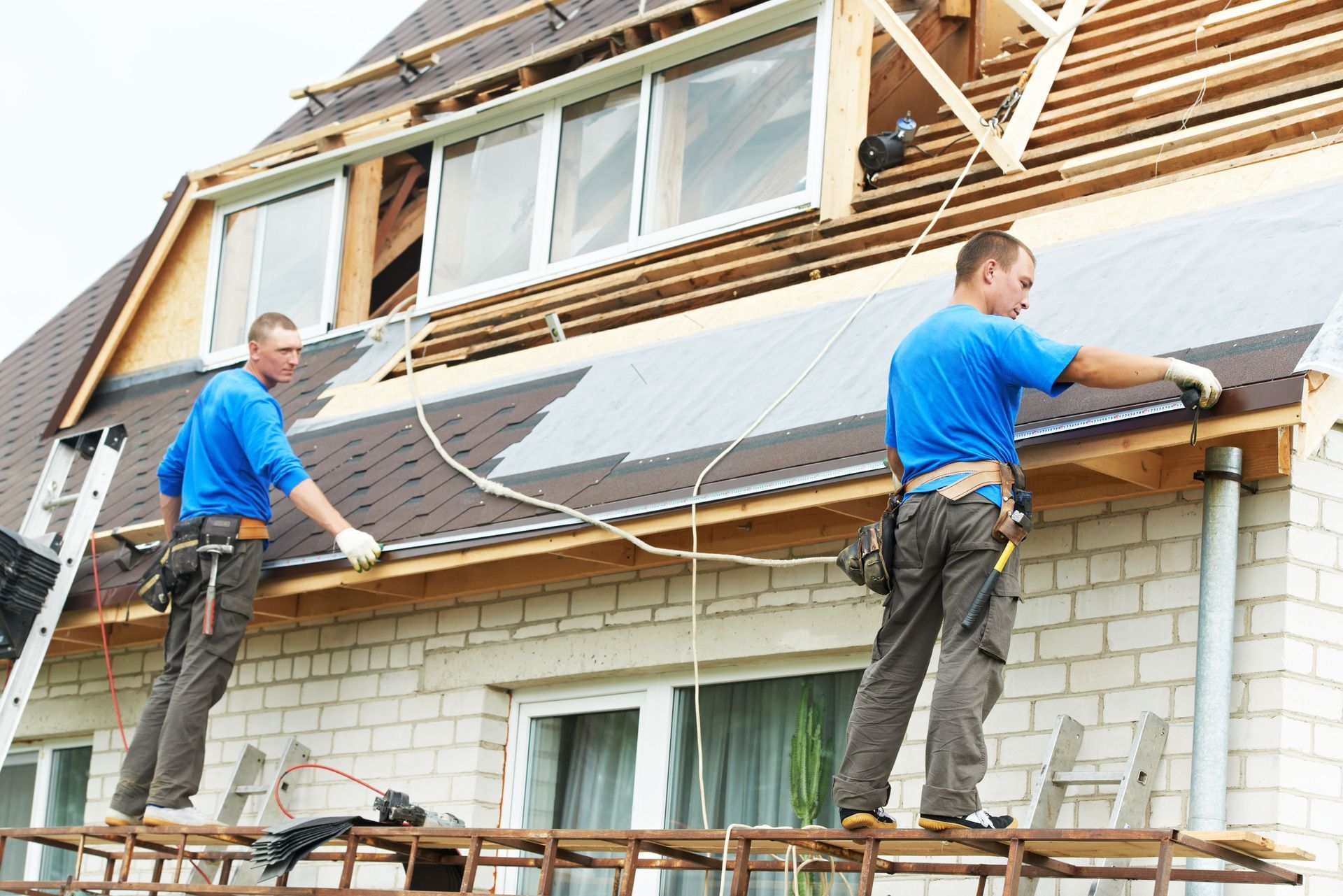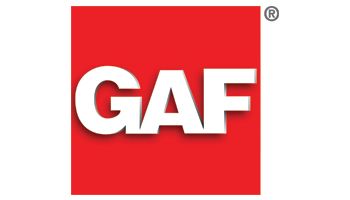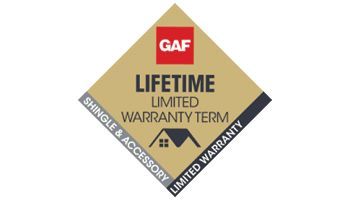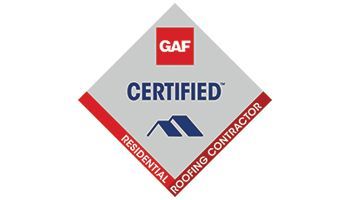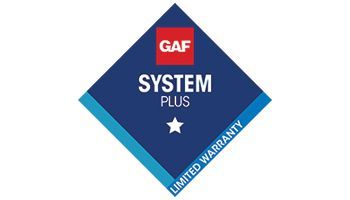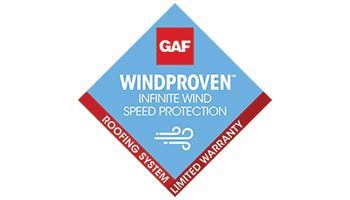August 7, 2025
When hiring a local roofer, it's crucial to ask the right questions to ensure that you're getting quality service and value for your money. This article outlines the key questions you should pose to potential roofing contractors to make an informed decision. Understanding what to inquire about can protect your investment and guarantee a successful project outcome. Engaging a roofing contractor should be an informed process, where due diligence helps in mitigating potential risks. In this guide, we will delve into essential questions across various facets of re-roofing, setting solid ground for your discussions with potential contractors.
Question 1: What is Your Experience in the Roofing Industry?
It's vital to ascertain the experience of a roofing contractor to understand their expertise and reliability. Begin by asking how many years they have been in the roofing industry. Experience often correlates with skill, knowledge of different roofing materials, and a track record of completed projects. For instance, some roofers specialize in modern roofing solutions like metal roofing, which, according to The Spruce.com, can last 50 to 75 years. Long years in business may also indicate a company's ability to adapt to industry changes and sustain competitive service quality.
Often, the types of projects a roofer has handled can provide insight into their capability to manage specific roofing needs. Inquire about the diversity of their past projects, ranging from residential to commercial roofing. Understanding their portfolio will give you an idea if they have dealt with a roof system similar to yours. Experience with varied roofing types like asphalt shingles, tiles, or specialized options speaks volumes about their adaptability and proficiency. Local knowledge, including compliance with zoning laws, can be advantageous in executing the project without legal hitches.
Specialized expertise in handling certain roofing materials is another aspect you should delve into. Roofing types such as slate, tile, and the increasingly popular metal require specific skills and tools for installation or repair. Confirm whether the roofer has the necessary training and certifications to handle such materials. This insight can also highlight their commitment to standard industry practices and continued skill enhancement. Satisfaction levels from prior clients usually reflect through testimonials and references, providing a credible insight into their workmanship quality and customer relations.
Question 2: Are You Licensed and Insured?
Verifying a roofer's credentials, especially their license status, is non-negotiable. A valid roofing license confirms that the contractor meets the state's standards and regulatory requirements. Licenses vary by region, so ensure the roofer's license suffices for your locality. It's also wise to check their legitimacy through your state's licensing board to avoid fraudulent operators. A licensed contractor generally follows a code of ethics that ensures compliance and quality service delivery.
Insurance is equally important when hiring a roofer to protect yourself from potential liabilities. Verify that the roofer has adequate insurance coverage, including liability and workers’ compensation policies. This insurance insulates you from being financially responsible for accidents or damages to your property during the project. Without proper coverage, you risk exposure to unexpected costs and legal battles. Requesting proof and validating the insurance status is a due diligence step that should not be overlooked.
Bonding is a supplementary form of protection that assures the homeowner of compensation if the contract is unfulfilled. Inquire if the roofer is bonded and verify the bond's authenticity and extent. While insurance covers accidents and losses, bonding guarantees project completion as per the contract terms. This financial security measure safeguards both parties against unforeseen issues that may lead to project disruption. Licensed, insured, and bonded roofers provide a holistic safety net, ensuring peace of mind during your roofing venture.
Question 3: How Do You Handle Project Estimates and Quotations?
Understanding the roofer's estimation process is key for a budget-friendly project. Ask for a detailed written estimate that encompasses labor, materials, and any additional costs foreseeable. A thorough quote will help you assess the scope of work and evaluate if the charges align with the industry standards. It also sets a baseline for any contractual agreements, reducing ambiguities and fostering transparency. Compare multiple detailed quotes to discern value and avoid overcharges.
Query the roofer about their approach to cost transparency and hidden charges. Transparent pricing ensures there are no hidden surprises that could inflate the project cost. Discuss any potential for extra expenses due to unforeseen circumstances and how they are handled. Such discussions help in establishing a maximum budget cap and protective clauses within the contract. The absence of cost transparency is a red flag that should be probed further before proceeding.
Time-sensitive estimates aid in maintaining project momentum, so understand the timeline for receiving one. Assess the roofer’s methodology for cost estimation to comprehend their pricing logic. Typically, methodologies vary: some base it on square footage, while others consider material preferences and labor required. For those on a budget, inquire if they offer options for various budget constraints or financing plans. A roofer flexible with financial scenarios shows consideration for the homeowner's financial capacity without compromising the project's success.
Question 4: What is Your Project Timeline?
Discussing the project timeline in detail can help in planning and ensuring minimal disruption. Gain clarity on the expected project start and end dates to sync them with your schedule. Understanding when they can start and how long it will take shows transparency and responsibility. It also allows you to plan for alternate arrangements if necessary, ensuring everything runs smoothly. Don’t hesitate to ask for a detailed schedule that outlines milestones and critical deadlines.
It’s also prudent to discuss potential delays and the roofer's contingency plans. Factors like material availability, workforce scheduling, and weather conditions can influence project duration. An experienced contractor will have proactive measures to handle such hurdles efficiently. Effective communication about anticipated delays can help mitigate extensions in project timelines. Establishing upfront rules regarding delays ensures you are both on the same page should issues arise.
Smooth scheduling and consistent communication contribute to a hassle-free project. Regular updates on progress foster trust between the homeowner and the contractor. Weather considerations, for instance, can severely impact project execution, making contingency plans a necessity. Documented communication improves accountability during the course of the project. Additionally, awareness of how permits and inspections are handled exhibits the roofer's operational knowledge of local laws and regulations.
Question 5: What Warranty Do You Provide?
Understanding warranty terms is crucial in assessing the value of a roofer’s service. A comprehensive warranty covers workmanship and materials, assuring you of support in case issues arise post-project. Begin by inquiring about the types of warranties the roofer offers, which can include craftsmanship and manufacturer warranties. A craftsmanship warranty covers errors in installation, while manufacturer warranties cover material defects. These warranties collectively safeguard your investment by guaranteeing compensation should premature damages occur.
By asking these pivotal questions, homeowners can gauge the expertise, reliability, and professionalism of their local roofers, ensuring a satisfactory outcome for their roofing projects. The right questions bring forward transparency and accountability from contractors, strengthening trust in their services. Through thorough inquiry, potential risks that could disrupt project delivery are significantly mitigated. This collective understanding sets the stage for seamless workflow, aligning client expectations with a contractor's capabilities. As you embark on the roofing journey, let informed questioning be the compass that guides you to durable and quality roof solutions with assured peace of mind. If you're seeking out professional roofers , make sure to contact Garcia Construction today!
